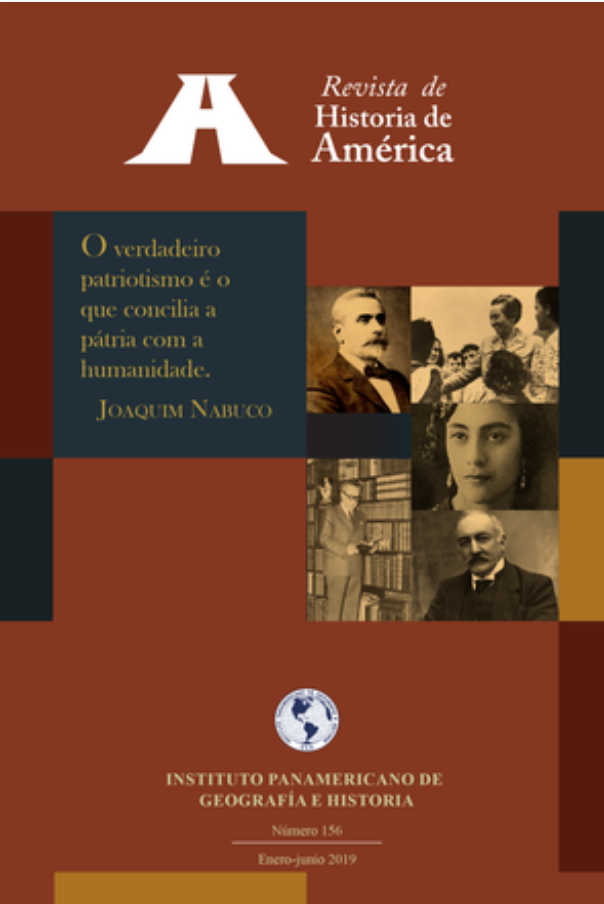Education, exile and diplomacy: Vasconcelos, Mistral, Torres Bodet and the international projection of its educational ideas, 1921-1964
Main Article Content
Abstract
From 1920 the post-revolutionary Mexican governments set in motion one
of the most radical transformations that have been made in the continent, the
construction of the Secretariat of Public Education, SEP, to teach literacy to
the large peasant and indigenous mass that remained in illiteracy. This pro-
cess brought together three important intellectuals: the Mexicans José
Vasconcelos and Jaime Torres Bodet and the Chilean Gabriela Mistral.
These had a long relationship of friendship and collaboration that transcend-
ed the short years of Vasconcelos in charge of the SEP, the two ministries of
Torres Bodet and his stay in UNESCO and the diplomatic and poetic wander-
ing of Mistral. The relationship, which was maintained and succeeded de-
spite the exiles, diplomatic positions and political vicissitudes faced by the
three, far from being merely of friendship or formal diplomacy, consolidated
a collaboration that lasted almost forty years, influencing the formation of
international organizations such as UNESCO. Our hypothesis is that, beyond
the global changes that took place between 1921 and 1964 and those that
experienced the political and pedagogical conceptions of these intellectuals,
there is a central idea in the educational project that was promoted in Mexi-
co, which constitutes the contribution to universal education: the literacy of
large masses excluded for inclusion in the nation the development of a cul-
ture for peace.
Downloads
Article Details
-
Abstract1383
-
PDF (Español)1351
-
XML (Español)910
-
EPUB (Español)414
-
HTML (Español)960

